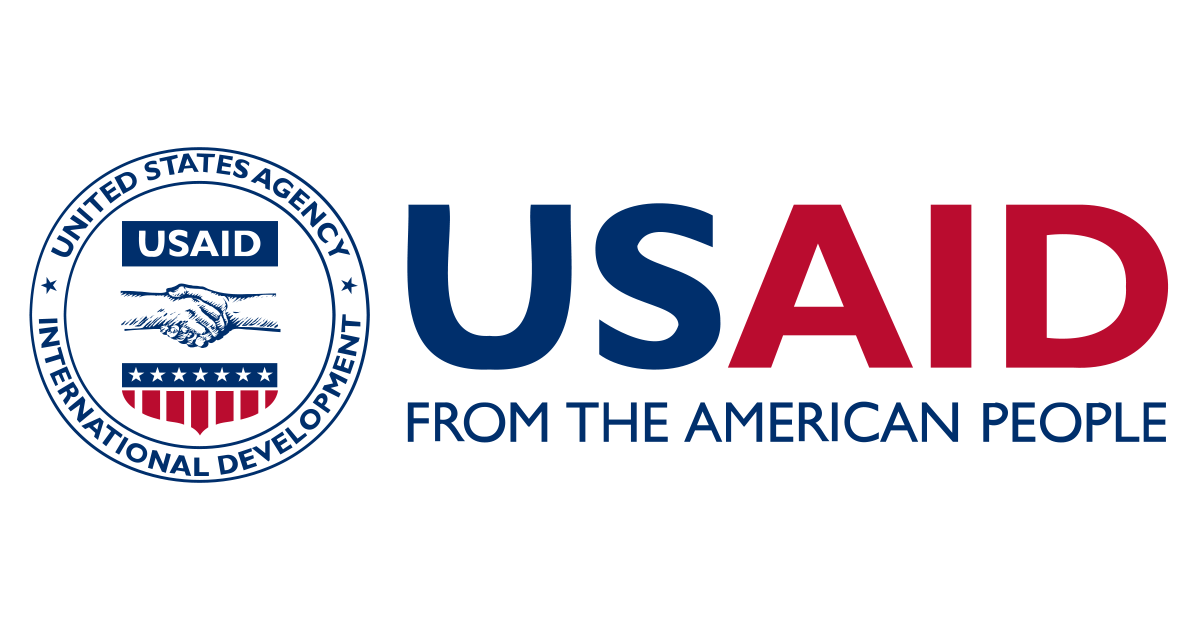The United States Agency for International Development (USAID), has unveiled its first-ever religious engagement policy, underscoring the pivotal role played by religious communities and faith-based organisations (FBOs), as essential partners in strategic development initiatives.
Throughout its history, USAID has collaborated closely with religious groups and FBOs to further shared objectives in the realms of development and humanitarian aid.
This new policy, titled “Building Bridges in Development: USAID’s Strategic Religious Engagement Policy,” is grounded in a set of guiding principles that underscore the Agency’s unwavering commitment to fostering collaborations with religious entities. It serves as a comprehensive framework for USAID personnel to engage with religious communities and FBOs across every sector and geographic region where USAID operates.
The policy outlines three primary objectives:
- Enhancing Collaboration: USAID seeks to strengthen its partnership with religious communities and FBOs to jointly advance common priorities, ultimately maximising the impact of sustainable development and humanitarian assistance endeavours.
- Workforce Capacity Building: A key aspect of the policy is to bolster the capacity of USAID’s workforce to conduct Strategic Religious Engagement (SRE), with a profound sense of respect and inclusivity.
This effort will be carried out in close coordination with various U.S. government agencies, the broader partner community, and in strict adherence to legal requirements.
- Integration of SRE: USAID aims to elevate the integration of Strategic Religious Engagement as an evidence-based and principled approach to tackling development and humanitarian challenges across diverse sectors and in the countries where USAID maintains a presence.
According to USAID,this marks a significant step forward in fostering productive partnerships that can address global challenges and drive sustainable development outcomes.
Meanwhile, on September 18, USAID Administrator Samantha Power, along with Norwegian Minister of International Development Anne Beathe Tvinnereim and World Economic Forum President Børge Brende, will host a significant event focused on financing Africa’s agricultural growth.
This gathering will take place in conjunction with the opening of the United Nations General Assembly and aims to explore innovative financing solutions to strengthen food value chains in Africa while providing crucial support to small- and medium-sized agricultural enterprises.
Distinguished participants in this event will include Secretary of the U.S. Treasury Janet Yellen, Kenyan President William Ruto, President of the African Development Bank Akinwumi Adesina, and CEO of the U.S. International Development Finance Corporation (DFC), Scott Nathan.
Agricultural small and medium enterprises (agri-SMEs), represent the backbone of Africa’s economy, serving as the largest employers and driving economic growth.
They play a pivotal role in the transformation of subsistence agriculture into a commercially-sustainable industry capable of nourishing the continent’s population.
Agri-SMEs provide essential services such as access to seeds and fertilizers for 95 percent of smallholder farmers in sub-Saharan Africa, offer extension services and training, facilitate transportation of crops to markets, process harvests, and engage in the marketing and distribution of agricultural products.
However, a significant challenge persists—three out of four agri-SMEs in Africa struggle to access formal bank financing and are too large to benefit from microfinance. This dilemma has created an estimated financing gap of approximately $100 billion, which remains unmet.
These enterprises can continue to drive economic growth, create jobs, and contribute to the development of a sustainable agricultural industry that can effectively meet the continent’s food needs.



